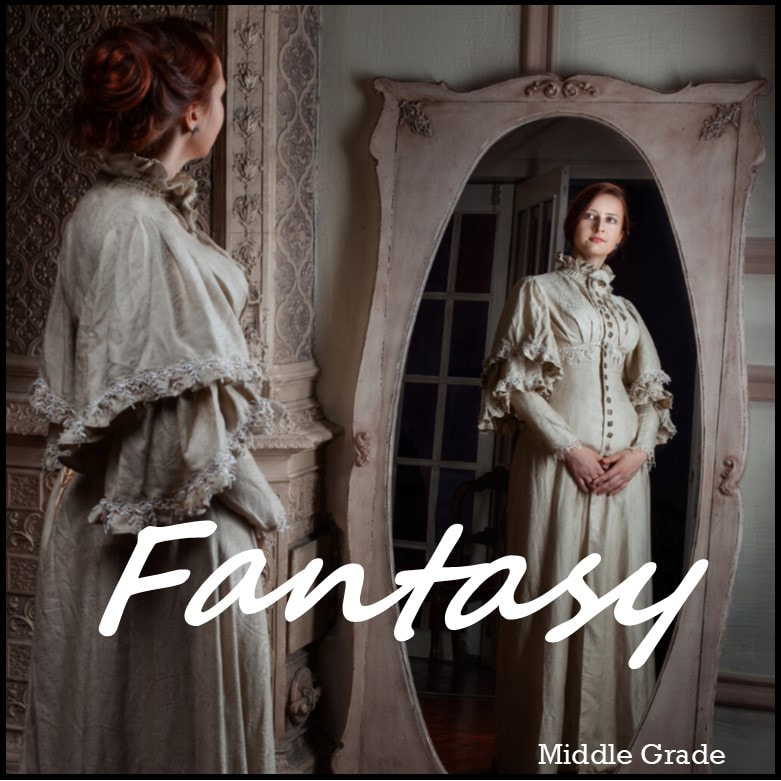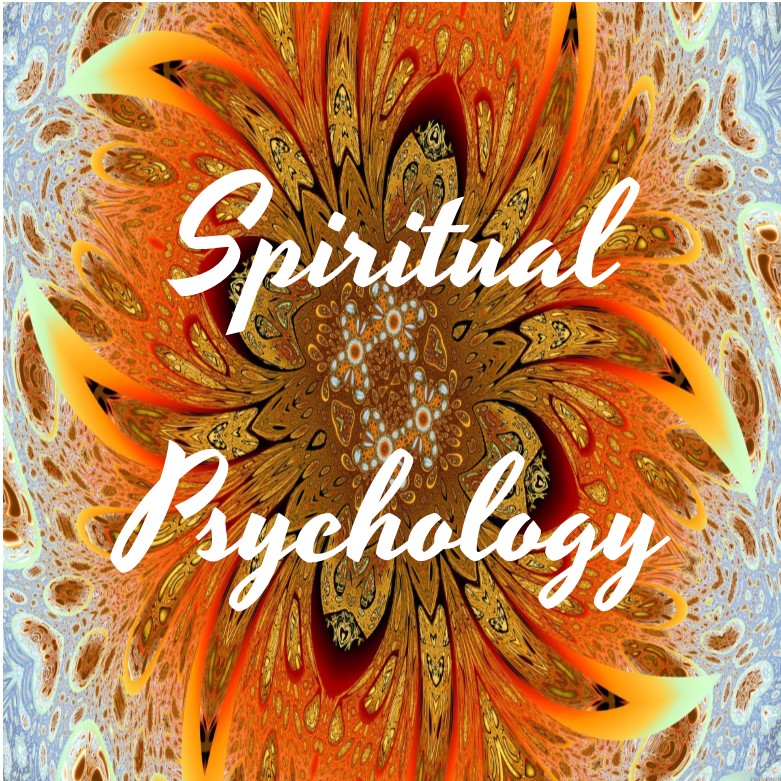
I’ve seen so many postings recently questioning if others have ever just been unable to read a book and finally dismissed it. The comments dismayed me. Of course, there are books out there which are poorly written for one reason or another, but there is something else many are not allowing themselves to consider.
It is true that a book emerges from the imagination of the author. It carries within it the heart and soul of that person’s experiences. It also carries within it their knowledge of the rules of grammar, punctuation, syntax, and plot. However, as a reader, a book does not come to you complete in itself.
You are drawn to a book for a myriad of reasons. Usually, it is because of what you assume to be the nature of the story from reading blurbs or reviews. One’s initial assumptions can often interfere with the enjoyment of reading, of course, but there is another influence on your experience with a book - your state of mind. Before you object and put the onus totally on the author for making your experience enjoyable, let’s talk about this.
I like to think of myself as a “book swallower” as they refer to avid readers in the Welsh language. Being an eclectic reader, I experience many different styles of writing and diverse storylines. At one time when I came upon a book with which I found it difficult to find a compatible harmony, I allowed myself the excuse of putting the blame on the author.
Naturally, egregious abuses of those rules I mentioned earlier do occur, making it difficult to follow the story. However, I know you’ve encountered other books that readers are praising to the heavens, and you wonder if they are living in an alternate universe. Have you ever considered that perhaps it is not the book, but you? Your state of mind, that is, the things going on in your life at the moment you meet the book in question can definitely impact your response to it.
This became crystal clear to me during the time I was caregiving and after my husband’s passing. There were so many fleeting emotions and attitudes occupying me during those times that it became evident to me it wasn’t possible so many books weren’t up to muster. To test my theory that my state of mind was having more influence than I wanted to admit, I saved some of those questionable books to read later.
I discovered that the next time I encountered the majority of those books when my state of mind was in a better place, I truly enjoyed them, which was a welcome surprise. As an author myself, it was an important discovery. Writers are often told they can’t please everybody, but we often still try, which leads to a lot of angst. Realizing from personal experience that the journey provided by an author is definitely colored by my own imagination and my experiences freed me as an author to allow my muse to take me wherever I need to go. I strive for excellence, but the rest is up to the unique experiences of each reader.
So perhaps take a moment to consider how you’re feeling when you’re reading a book. Is it possible that your life isn’t treating you so well, and the ease the character is experiencing in dealing with her problems stirs up a bit of resentment? Maybe your life is great, and the struggles of the character seem so easily solved despite what you’re reading? Truth is, we often let our fears, expectations, and attitudes judge characters without giving the story itself time to play out.
As a writer, I experienced this with one of my books. A beta reader said she couldn’t read the book because after reading a couple of chapters, she felt the female protagonist was weak, and she refused to read books unless the women were strong and decisive. She never gave the story a chance to unfold and experience the woman’s growth. I would not change anything because I knew that her personal experiences were causing a reaction that had nothing to do with my story.
So, don’t be too quick to judge a book. Give it a second chance later when perhaps your state of mind is able to find a compatible harmony with the story.
Be sure to subscribe to the Sweet & Sassy blog, so you never miss out on any of our posts!
It is true that a book emerges from the imagination of the author. It carries within it the heart and soul of that person’s experiences. It also carries within it their knowledge of the rules of grammar, punctuation, syntax, and plot. However, as a reader, a book does not come to you complete in itself.
You are drawn to a book for a myriad of reasons. Usually, it is because of what you assume to be the nature of the story from reading blurbs or reviews. One’s initial assumptions can often interfere with the enjoyment of reading, of course, but there is another influence on your experience with a book - your state of mind. Before you object and put the onus totally on the author for making your experience enjoyable, let’s talk about this.
I like to think of myself as a “book swallower” as they refer to avid readers in the Welsh language. Being an eclectic reader, I experience many different styles of writing and diverse storylines. At one time when I came upon a book with which I found it difficult to find a compatible harmony, I allowed myself the excuse of putting the blame on the author.
Naturally, egregious abuses of those rules I mentioned earlier do occur, making it difficult to follow the story. However, I know you’ve encountered other books that readers are praising to the heavens, and you wonder if they are living in an alternate universe. Have you ever considered that perhaps it is not the book, but you? Your state of mind, that is, the things going on in your life at the moment you meet the book in question can definitely impact your response to it.
This became crystal clear to me during the time I was caregiving and after my husband’s passing. There were so many fleeting emotions and attitudes occupying me during those times that it became evident to me it wasn’t possible so many books weren’t up to muster. To test my theory that my state of mind was having more influence than I wanted to admit, I saved some of those questionable books to read later.
I discovered that the next time I encountered the majority of those books when my state of mind was in a better place, I truly enjoyed them, which was a welcome surprise. As an author myself, it was an important discovery. Writers are often told they can’t please everybody, but we often still try, which leads to a lot of angst. Realizing from personal experience that the journey provided by an author is definitely colored by my own imagination and my experiences freed me as an author to allow my muse to take me wherever I need to go. I strive for excellence, but the rest is up to the unique experiences of each reader.
So perhaps take a moment to consider how you’re feeling when you’re reading a book. Is it possible that your life isn’t treating you so well, and the ease the character is experiencing in dealing with her problems stirs up a bit of resentment? Maybe your life is great, and the struggles of the character seem so easily solved despite what you’re reading? Truth is, we often let our fears, expectations, and attitudes judge characters without giving the story itself time to play out.
As a writer, I experienced this with one of my books. A beta reader said she couldn’t read the book because after reading a couple of chapters, she felt the female protagonist was weak, and she refused to read books unless the women were strong and decisive. She never gave the story a chance to unfold and experience the woman’s growth. I would not change anything because I knew that her personal experiences were causing a reaction that had nothing to do with my story.
So, don’t be too quick to judge a book. Give it a second chance later when perhaps your state of mind is able to find a compatible harmony with the story.
Be sure to subscribe to the Sweet & Sassy blog, so you never miss out on any of our posts!









 RSS Feed
RSS Feed